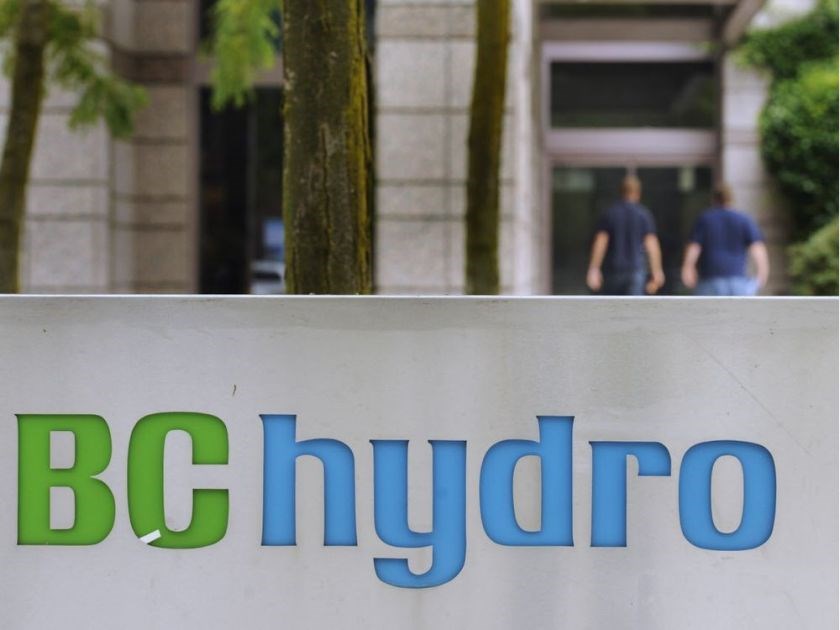B.C. Hydro is losing billions of dollars because it was forced by the provincial government to sign contracts with private power producers for the wrong type of power at exorbitant rates, according to a new report.
The independent report, commissioned by Energy Minister Michelle Mungall, concluded that the private power contracts will “cost ratepayers an estimated $16.2 billion over 20 years, the estimated period during which B.C. Hydro will likely not need the energy government directed it to buy.”
“The annual impact of this surplus energy to B.C. Hydro ratepayers is estimated at $808 million per year, or $200 per year per residential ratepayer, which is equivalent to $4,000 per residential ratepayer over 20 years,” the report says. “The $16.2-billion estimate is believed to be conservative.”
Report author Ken Davidson, who directed the province’s Treasury Board staff in the 1990s, laid the blame on constraints the former B.C. Liberal government placed on B.C. Hydro, calling for it to be energy self-sufficient using clean energy sources.
That led to a rush by B.C. Hydro to buy an estimated 8,500 gigawatt hours of energy from independent power producers.
However, many of the projects are run-of-river, which generate intermittent power and peak during the spring thaw, when B.C. Hydro has an overabundance of such power, the report says. That is combined with contract terms that have caused the Crown energy corporation to get locked into decades of overpayments, Davidson writes.
“When I see that [ratepayers] are paying an extra $200 a year for this scheme, for a total of $16.2 billion, a scheme where 80 per cent of that money is going outside of the province … not only is this a big huge boondoggle, but it’s just scandalous,” Mungall said. “It’s unacceptable.”
The independent-power-producer contracts are often for 30 years, with terms that could cost B.C. Hydro even more if the corporation tried to break free of them to stem its financial losses, Davidson writes. Three contracts are for almost 60 years.
“We can’t break them,” Mungall said. “We’re going to have to renegotiate them when we can. And I don’t think it’s appropriate for ratepayers to be paying anything more than market value for this. … Market value has been $25 per megawatt hour and we’ve been paying over $100 in some cases. That’s a $75 discrepancy.”
The contracts contain terms to protect against inflation, which Davidson wrote “could potentially add another $1 billion to the cost estimate over the next 20 years,” plus another $7 billion for the longest-term contracts.
The report comes as the B.C. government finishes the first phase of a review into B.C. Hydro’s practices in an attempt to find savings and lower rates. Results of the review are expected today. A rate freeze the NDP promised in the 2017 election was rejected by the independent B.C. Utilities Commission because it was deemed unaffordable to B.C. Hydro.
Davidson recommended B.C. Hydro be tougher when any contracts come up for renewal that generate intermittent energy, and only make one offer priced at the real market value of the energy produced.
He called for the reversal of any remaining self-sufficiency policies for B.C. Hydro, which could have the added benefit of freeing up the corporation’s energy trading arm, Powerex, to make more money.
Davidson also called for more transparency on future contracts and restoration of B.C. Utilities Commission oversight of B.C. Hydro contracts, which had been circumvented by the previous Liberal government.



